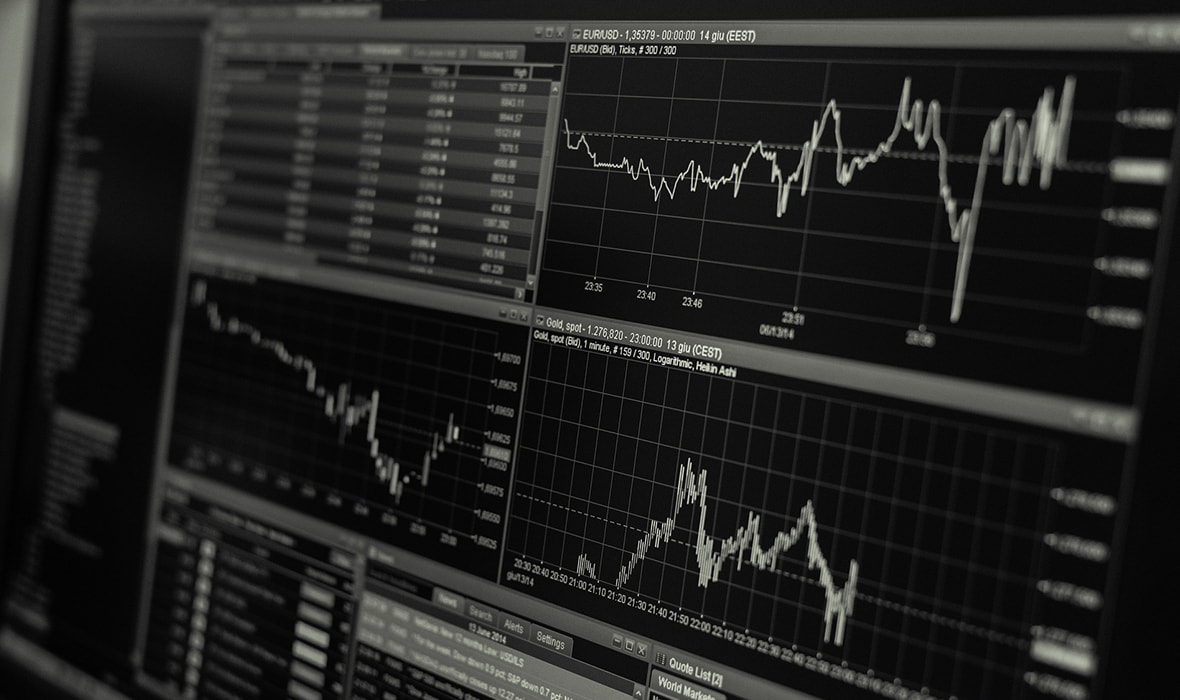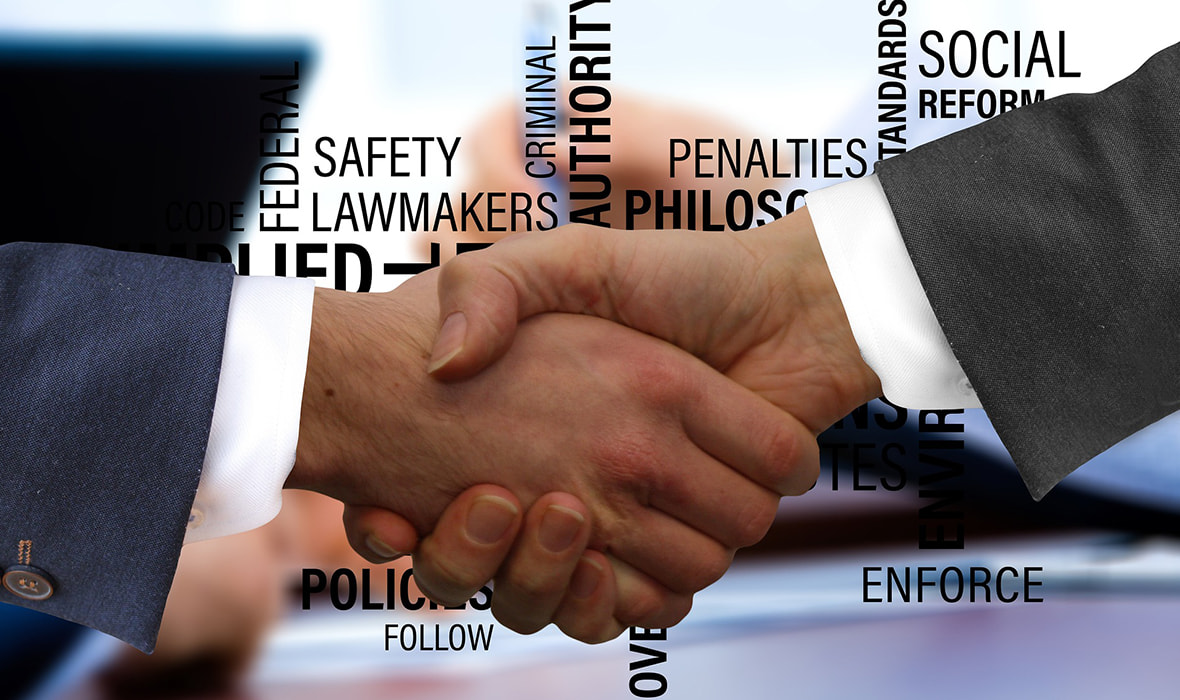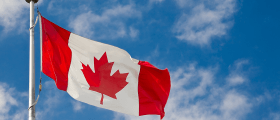Swedish Parliament to Reevaluate Gambling Tax Increase Amid Channelization Concerns
February 19, 2025 Tony ChristopherThe Swedish gambling tax has sparked a growing debate over its impact on the industry. Central to the issue is channelization – a goal influenced heavily by tax policies. The Swedish Parliament’s (Riksdagen) reevaluation of the proposed tax increase raised questions about its effects on operators, consumers, and overall market regulation.
Stay tuned because this blog post will review more of the concerns and the opportunities in detail.

Insight into the Swedish Gambling Regulations and Tax Policy
It is not a surprise that, regardless of the country, decreasing the gambling tax rate is one of the most powerful tools to attract more players to online gambling operators. After a review proposal, the gambling tax in Sweden can be lowered only a few months after being increased from 18% to 22%.
Such a decision could be a big leap towards a better channelization of licensed gaming sites and reducing the burden of regulated operators to attract new customers. Undoubtedly, the goal of Sweden’s regulated gambling market is to prioritize consumer protection and market transparency.
By reevaluating the gambling tax submitted by Carl Nordblom of the Moderate Party, the redesigned tax policy aims to balance market growth with public funding needs better. It comes with certain channelization-related issues, which we will review in the next paragraph.
What Are the Channelization Challenges?
The meaning of channelization includes all the processes of directing Swedes toward licensed gaming sites rather than unregulated offshore platforms. Of course, it comes with specific challenges and milestones that the Riksdagen must endure.
After all, channelization is crucial for players’ protection and regulatory control. A factor like increasing or decreasing the gambling tax rate can have a significant impact on all the channelization processes. Let’s have a look at a few of the top challenges we can identify:
- Increasing the tax rate for licensed operators might drive players to unregulated platforms offering better (or even fake) payouts, games, and bonuses.
- Higher tax burdens on operators can undermine consumer protection and reduce revenue for licensed operators.
- Lower competitiveness between the local operators, as tax increases limit bonuses and reduce consumer appeal.
- Higher taxes deter new operators and reduce innovation and competition, which can lead to market saturation quickly, followed by stagnation.
Parliament’s Reevaluation: Three Big Potential Concerns
We can only speculate on the possible scenarios if the tax increase is approved. Either way, the Swedish Government will have to balance regulation and market health – something that will need even more care and attention.
At the same time, licensed casino websites should also do their best to keep the industry sustainable while ensuring consumer protection. Currently, licensed operators pay a 22% tax on gross gaming revenue, which is a significant increase from the 18% rate just a few months ago.
Critics argue that higher taxes diminish channelization efforts by driving operators out of the market and forcing players to offshore platforms. This tension highlights three major concerns we will review next and makes the tax debate pivotal for Sweden’s gambling industry.
Concern About Negative Economic Impact

After the gambling tax rate was raised from 18% to 22% in July 2024, the Swedish Government projects an additional SEK 500 million annual tax revenue. However, this will come at a specific cost.
Reduced interest from new market entrants is only one of the examples that can limit competition and innovation, discouraging investment in the otherwise regulated sector. Fewer operators in the market mean decreased demand for associated industries, such as technology providers, advertising firms, and customer support services, leading to job losses.
This decline in operator participation could also lead to a decrease in gambling activity, directly impacting GDP contributions from the industry and, hence, the projected annual tax revenue mentioned above.
Concern About Loss of Trust in the Government

These concerns are also growing due to the impact of tax rate changes. Players might perceive higher tax rates as unfair, believing they lead to reduced payouts and fewer attractive game offerings. It can harm the reputation of licensed operators, who are viewed as offering less value than unregulated platforms.
Similarly, the government risks losing public trust if tax policies are seen as prioritizing revenue over consumer interests. Balancing taxation with market competitiveness is essential to maintaining confidence in both regulatory authorities and the legal gambling ecosystem.
Concern About Delayed Licensing Processes and Industry Reforms

Without a timely resolution, the industry may face prolonged uncertainty, discouraging new entrants and limiting market growth. Delays in licensing processes could hinder operators’ ability to meet demand, reducing competitiveness against unregulated platforms.
Moreover, postponing necessary reforms risks perpetuating inefficiencies in the current gambling laws of Sweden, impacting player protection and channelization. These delays can also affect government revenues, as potential tax income from a fully operational market remains unrealized.
Conclusion
The gambling tax increase in Sweden has raised important questions about its impact on channelization and market stability.
To address these concerns, the Government must choose a balance between generating revenue and supporting licensed operators. While no specific date has been confirmed, discussions are expected to progress in upcoming parliamentary sessions. Hopefully, they will reflect the urgency of addressing industry and consumer impacts.
FAQ
Now, you have a better understanding of the major channelization concerns and why the Swedish Parliament wants to reevaluate the gambling tax increase. Here are a few of the most frequently asked questions about the topic.
What is the current gambling tax policy of Sweden?
Sweden’s current gambling tax policy aims to balance market competitiveness with public revenue generation. However, a recent increase of 22% has been proposed to boost tax revenues. The policy also emphasizes channelization, directing players to regulated operators for better consumer protection.
Are there channelization concerns after the gambling tax increase?
Yes, channelization concerns have grown after Sweden's gambling tax increased from 18% to 22%. For instance, higher taxes reduce operator competitiveness, leading to fewer bonuses and lower payouts, potentially driving players to unregulated platforms. This challenges Sweden's goal of maintaining a safe and well-regulated gambling market.
Why is the Swedish Parliament reconsidering gambling tax increases?
Although no specific date has been confirmed yet, the Swedish Parliament is set to reconsider gambling tax increases due to concerns about their impact on channelization and market stability. Operators have raised issues about reduced competitiveness, prompting the government to evaluate the tax’s economic and regulatory implications.



